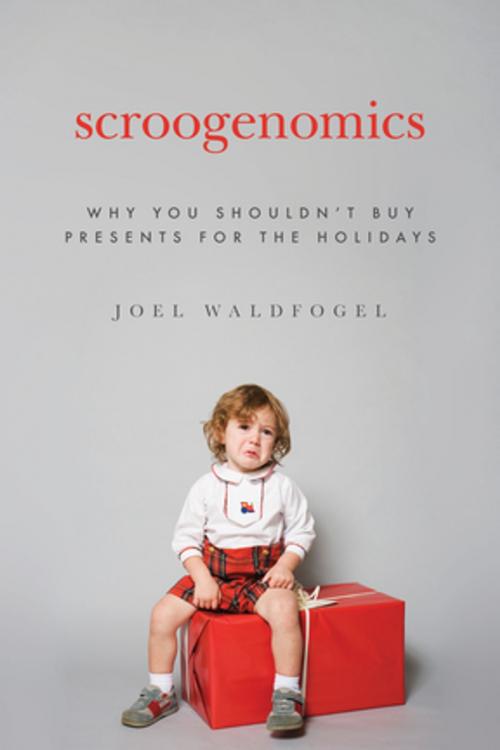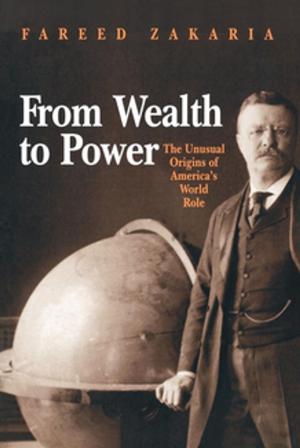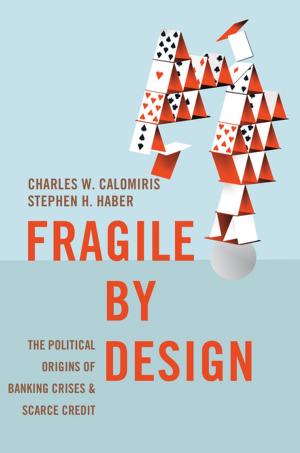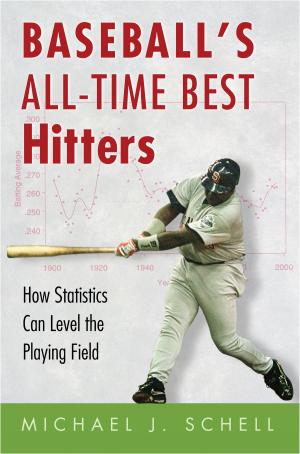Scroogenomics
Why You Shouldn't Buy Presents for the Holidays
Nonfiction, Religion & Spirituality, Holidays, Christmas, Christianity, Business & Finance| Author: | Joel Waldfogel | ISBN: | 9781400831258 |
| Publisher: | Princeton University Press | Publication: | October 5, 2009 |
| Imprint: | Princeton University Press | Language: | English |
| Author: | Joel Waldfogel |
| ISBN: | 9781400831258 |
| Publisher: | Princeton University Press |
| Publication: | October 5, 2009 |
| Imprint: | Princeton University Press |
| Language: | English |
Christmas is a time of seasonal cheer, family get-togethers, holiday parties, and-gift giving. Lots and lots--and lots--of gift giving. It's hard to imagine any Christmas without this time-honored custom. But let's stop to consider the gifts we receive--the rooster sweater from Grandma or the singing fish from Uncle Mike. How many of us get gifts we like? How many of us give gifts not knowing what recipients want? Did your cousin really look excited about that jumping alarm clock? Lively and informed, Scroogenomics illustrates how our consumer spending generates vast amounts of economic waste--to the shocking tune of eighty-five billion dollars each winter. Economist Joel Waldfogel provides solid explanations to show us why it's time to stop the madness and think twice before buying gifts for the holidays.
When we buy for ourselves, every dollar we spend produces at least a dollar in satisfaction, because we shop carefully and purchase items that are worth more than they cost. Gift giving is different. We make less-informed choices, max out on credit to buy gifts worth less than the money spent, and leave recipients less than satisfied, creating what Waldfogel calls "deadweight loss." Waldfogel indicates that this waste isn't confined to Americans--most major economies share in this orgy of wealth destruction. While recognizing the difficulties of altering current trends, Waldfogel offers viable gift-giving alternatives.
By reprioritizing our gift-giving habits, Scroogenomics proves that we can still maintain the economy without gouging our wallets, and reclaim the true spirit of the holiday season.
Christmas is a time of seasonal cheer, family get-togethers, holiday parties, and-gift giving. Lots and lots--and lots--of gift giving. It's hard to imagine any Christmas without this time-honored custom. But let's stop to consider the gifts we receive--the rooster sweater from Grandma or the singing fish from Uncle Mike. How many of us get gifts we like? How many of us give gifts not knowing what recipients want? Did your cousin really look excited about that jumping alarm clock? Lively and informed, Scroogenomics illustrates how our consumer spending generates vast amounts of economic waste--to the shocking tune of eighty-five billion dollars each winter. Economist Joel Waldfogel provides solid explanations to show us why it's time to stop the madness and think twice before buying gifts for the holidays.
When we buy for ourselves, every dollar we spend produces at least a dollar in satisfaction, because we shop carefully and purchase items that are worth more than they cost. Gift giving is different. We make less-informed choices, max out on credit to buy gifts worth less than the money spent, and leave recipients less than satisfied, creating what Waldfogel calls "deadweight loss." Waldfogel indicates that this waste isn't confined to Americans--most major economies share in this orgy of wealth destruction. While recognizing the difficulties of altering current trends, Waldfogel offers viable gift-giving alternatives.
By reprioritizing our gift-giving habits, Scroogenomics proves that we can still maintain the economy without gouging our wallets, and reclaim the true spirit of the holiday season.















